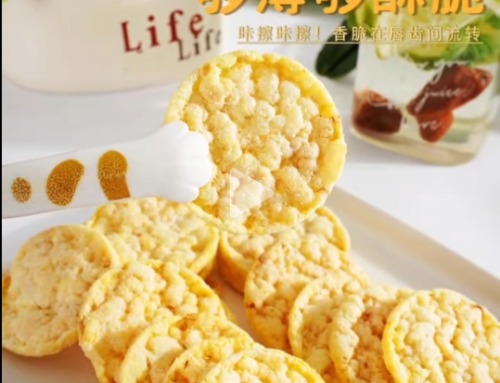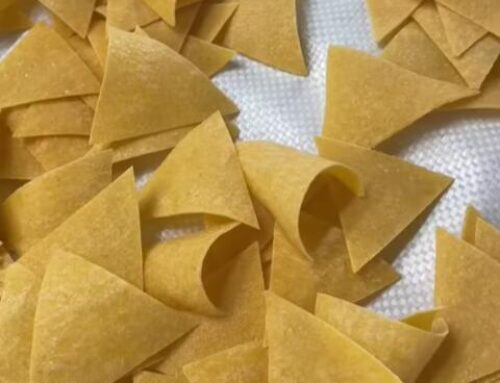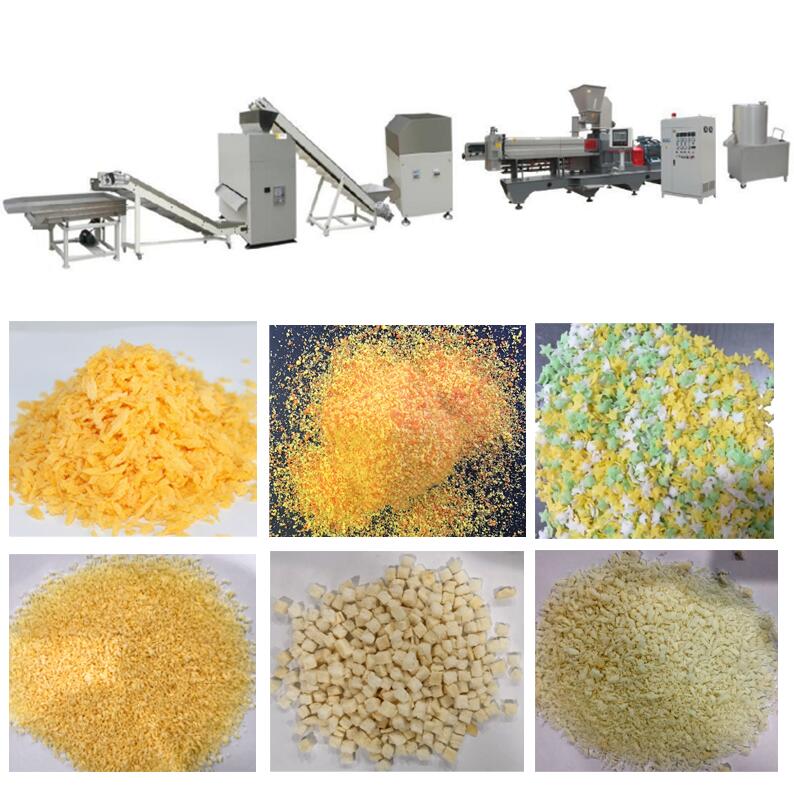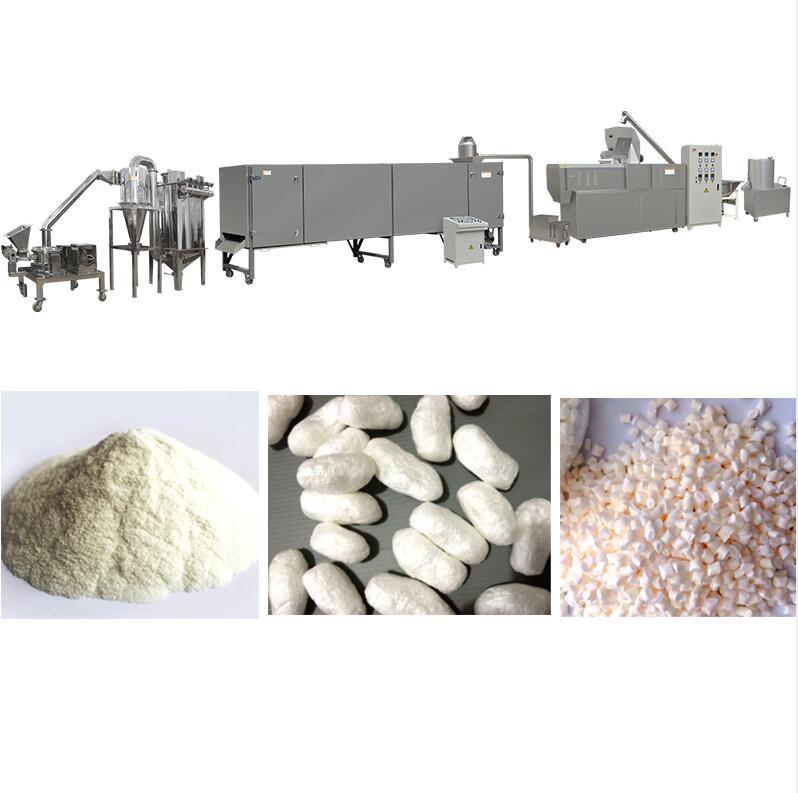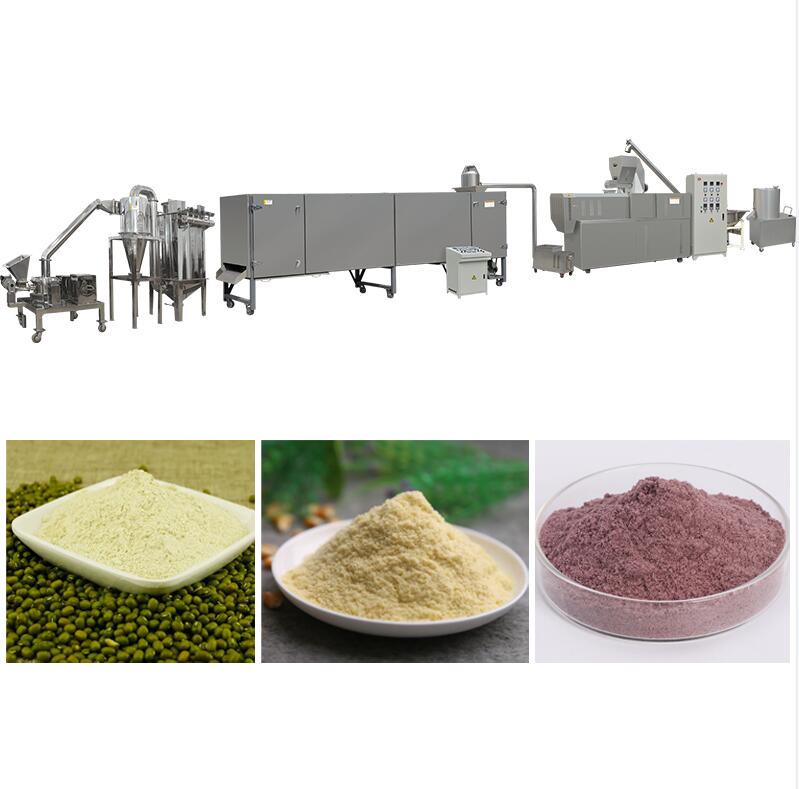Processing Technology of Breakfast Cereals
Introduce
Breakfast cereal goes through several steps before it becomes a finished product. Depending on the type of cereal, a variety of production processes are used in the breakfast cereal production line various production processes are used, such as flaking, puffing, shredding, etc. Regardless of the type of finished product, the preparation of the grain is the first step. Most functional and ready-to-eat foods are produced using similar technologies.
When the grain arrives at the grain mill it is inspected and cleaned. Some cereals use whole grains, while others grind the grains into fine flour by crushing them between giant metal rollers to remove the outer bran. In a giant rotating pressure cooker, whole grains and parts of grains will be mixed with other ingredients. The type of pellets used will affect the rotational speed, duration and temperature during this operation. After the grains are cooked, they are dried in the oven. However, a certain amount of water content must remain in the cooked grain in order for it to be molded as desired.
Flour is used in place of whole grains in other types of grains. This flour is mixed with other ingredients and cooked in a cooking extruder. Essentially, this is a mechanism consisting of a long screw housed in a heated casing. The screw moves the mixture through the extruder while mixing the flour with the other ingredients. The baked dough emerges from the other end in long, continuous ribbons, which are cut into balls with a rotary knife. These grains are then processed in the same manner as cooked grains.
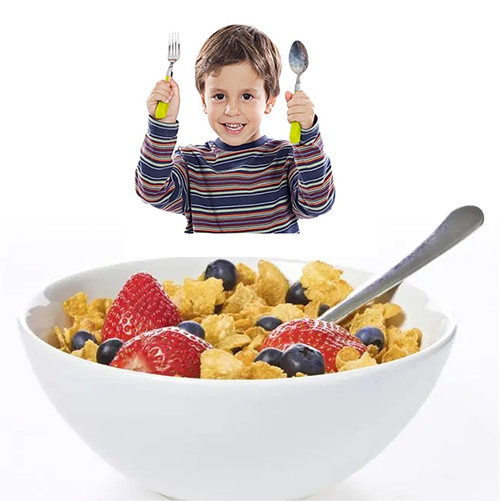
Production of flaked cereals
Whole grains or extruded pellets can be used to make flaked cereal. Cooked grains or grains are tempered for several hours to stabilize the moisture content. After tempering, two huge metal rollers will flatten the grain or pellets under tons of pressure. The resulting flakes will be placed in an oven and exposed to hot air, which removes excess moisture and bakes them until the proper color and flavor are achieved. The development of ready-to-eat breakfast cereal products is helping the food industry to produce flaked cereal products from a variety of ingredients.
For whole grain flaked cereals, particle size is critical to ensuring overall product quality. Most of the time, unmodified cornstarch is added to the mix to ensure the flakes can withstand processing. The moisture content of the flaked cereal after heating should be 28% to 32%. Early heating, drying and tempering steps are critical to controlling the moisture and texture levels of whole grain flakes. For extruded chips, this mainly occurs after extrusion. However, the moisture content of the final product should be between 1% and 3% to obtain the desired crispness and toughness.
Production of puffed cereals
Grain and soy formulation companies use extruded products for ease of digestion and mouthfeel. Puffed grains, usually rice and wheat, are produced by guns. Rolling is a process in which the cooked, cooled and tempered rice grains are slightly flattened between metal rollers. The rice grains are bumped again before being dried, and put in a high-pressure steam oven (gun) to grow them up. The temperature should be between 400o and 500oF and the pressure should be around 200 psi. psi makes the program effective. The pressure inside the oven is suddenly released, forcing the grain to release steam and expand instantly.
At this point, the moisture content of the puffed grain is about 5% to 7%, which needs to be brought down to between 1% and 3%. It’s also worth noting that since these grains absorb moisture quickly, they need a coating and proper packaging to keep them from spoiling and keep them crunchy over time.
Production of granola
In the field of grain processing, granola is made by mixing grains with other ingredients such as nuts, dried fruit, seeds, honey, malt extract, various spices, etc., and then roasting the mixture. Granola, unlike other cereals, requires oil to be added to the mix to keep the other ingredients from sticking together. Aggregation is the term for this process. The combination will be cooked at 300oF to 425oF for light browning and a moisture content of about 3%. 5% inulin (a prebiotic fiber) and other carbohydrates may aid in the binding process. When the heating and drying operations are complete, the granola will be broken down into pieces.
A coating is a type of finish.
After the initial production phase, some cereals may be sprayed with a coating containing sweeteners, flavors, food coloring, preservatives, vitamins and minerals. Most cereals contain a sugar coating, a combination of sugar recipe and application process to ensure the sugar crystals dry with the proper color, flavor, size and structure. Traditionally, beet sugar or cane sugar is used for the icing, but brown sugar or honey can also be used in white sugar. It’s also a good idea to use oil to avoid clumping.
Regardless of the shape, color and expansion effect, our breakfast cereal production line can be flexibly implemented through different molds and changing parameters, and the process is precisely controlled to meet the diverse market needs.We also hope that our customers can rely on the advantages of our expertise and excellent production experience to better develop their business.
E-mail:mailto:[email protected]

